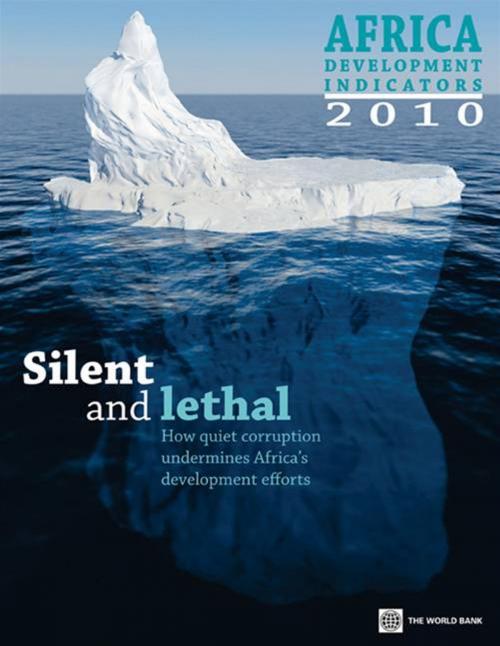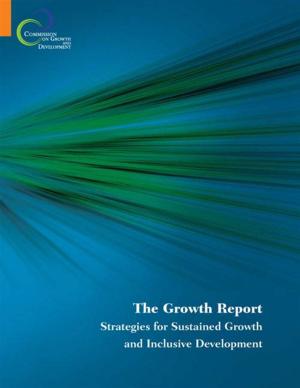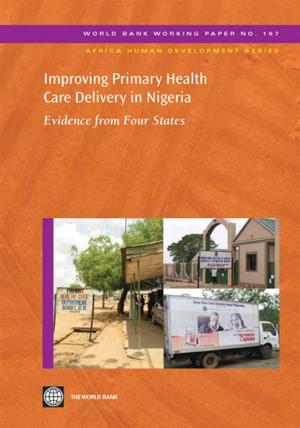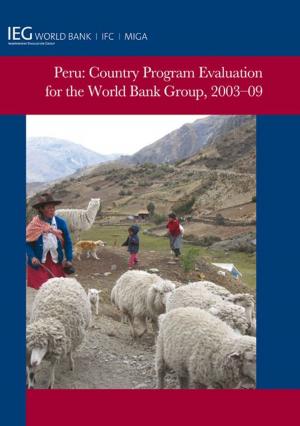Africa Development Indicators 2010: Silent And Lethal: How Quiet Corruption Undermines Africa's Development Efforts
Business & Finance, Business Reference| Author: | World Bank | ISBN: | 9780821382028 |
| Publisher: | World Bank | Publication: | March 30, 2010 |
| Imprint: | Language: | English |
| Author: | World Bank |
| ISBN: | 9780821382028 |
| Publisher: | World Bank |
| Publication: | March 30, 2010 |
| Imprint: | |
| Language: | English |
Reliable quantitative data are essential for understanding economic, social and governance development because it provides evidence, and evidence are crucial to set policies, monitor progress and evaluate results. Africa Development Indicators 2010 (ADI) provides the most detailed collection of data on Africa available. It puts together data from different sources, and is an essential tool for policy makers, researchers, and other people interested in Africa.The opening articles of the ADI 2010 print edition focus on behaviors that are difficult to observe and quantify, but whose impact on service delivery and regulation has adverse long-term effects on households. The term "quiet corruption" is introduced to indicate various types of malpractice of frontline providers (teachers, doctors, and other government officials at the front lines of service provision) that do not involve monetary exchange. The prevalence of quiet corruption and its long-term consequences might be even more harmful for developing countries, and for the poor in particular who are more exposed to adverse shocks to their income and are more reliant on government services to satisfy their most basic needs.
Reliable quantitative data are essential for understanding economic, social and governance development because it provides evidence, and evidence are crucial to set policies, monitor progress and evaluate results. Africa Development Indicators 2010 (ADI) provides the most detailed collection of data on Africa available. It puts together data from different sources, and is an essential tool for policy makers, researchers, and other people interested in Africa.The opening articles of the ADI 2010 print edition focus on behaviors that are difficult to observe and quantify, but whose impact on service delivery and regulation has adverse long-term effects on households. The term "quiet corruption" is introduced to indicate various types of malpractice of frontline providers (teachers, doctors, and other government officials at the front lines of service provision) that do not involve monetary exchange. The prevalence of quiet corruption and its long-term consequences might be even more harmful for developing countries, and for the poor in particular who are more exposed to adverse shocks to their income and are more reliant on government services to satisfy their most basic needs.















